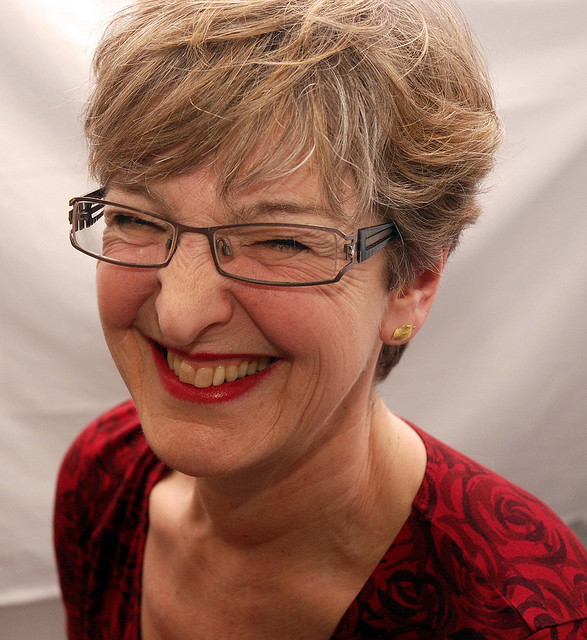Rosemary Canter was the children’s specialist agent at literary agency United Agents. Read on for an interview we did with Rosemary, discussing the ins and outs of the role of a literary agent.

What qualities do you need to be a literary agent?
A literary agent’s work is complex, varied and very wide-ranging; but the heart of it is something that cannot be taught – and that something is taste.
It’s the ability to read something, recognise its merit and know that it will fit in the current marketplace. I can see that that answer begs a lot of questions!
I think to be a good agent you need endless curiosity and openness about writers and writing, an ability to deal carefully and well with people, and enormous attention to detail.
What mistakes do prospective clients make?
There are an awful lot of answers to that, sadly. If someone tells me that their fantasy novel is 192,000 words I will not read another word of the letter, never mind the manuscript. Other things that make my heart sink: the writer telling me the submission is the first of a trilogy (no one wants trilogies at the moment); the names of the characters failing to sing; yet another novel about bullying… the list is endless.
Describe the perfect approach from a prospective client.
We set out very clear instructions about submissions on our website, so it goes without saying that the perfect approach will adhere to those. I have always set great store by the accompanying (email) letter. Good writers write good letters, so a few enjoyable or intriguing paragraphs are the way to start.
In relation to your clients, what do you think about other than making money out of them?
That does sound crude! Of course this is a business arrangement, but it is a singularly close one, so my relationship with my clients is of paramount importance to me: indeed it is the reason for doing the job. I have to feel that I warm to a prospective client, that I can be direct with them about their work, their prospects, and any issue that might arise; otherwise I can’t do the job properly. I also need to know that they understand and appreciate my advice. In other words, I have the great privilege of working with and for people I like and respect.
What has been the highlight of your career?
I can’t pick just one, and it’s invidious to name names. It’s always thrilling to find a wonderful new writer, whether from the slush pile or elsewhere. One of the best moments is calling a new client to say that I have secured a deal for them.
Just once, I was having a sad meeting with a client to say goodbye as she was not doing very well, when an idea I suggested sparked a new, and very funny, novel from her which completely transformed her career.
What’s your advice to an aspiring author?
Read a lot. Know the market. Research agents and publishers. Don’t overwrite. Edit your work. Show that you are as professional as it is possible to be, and, if possible, get professional advice from a book doctor or attend a creative writing course. It makes a lot of difference.
And don’t harass agents and publishers; it’s very off-putting. Be patient. Keep on going!
Comments